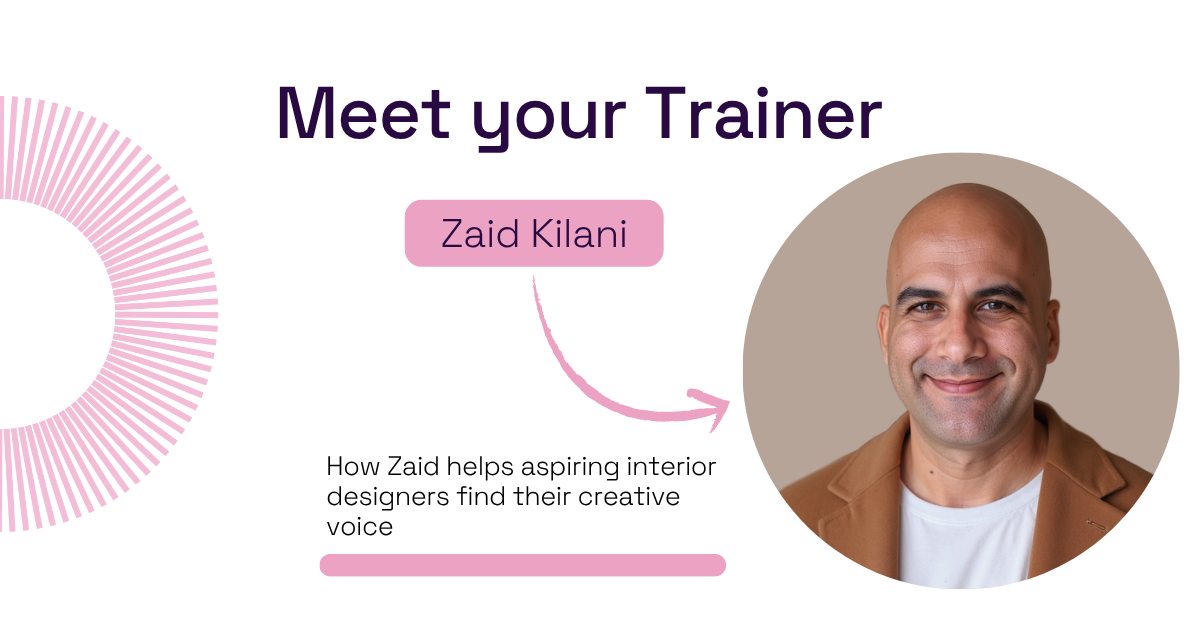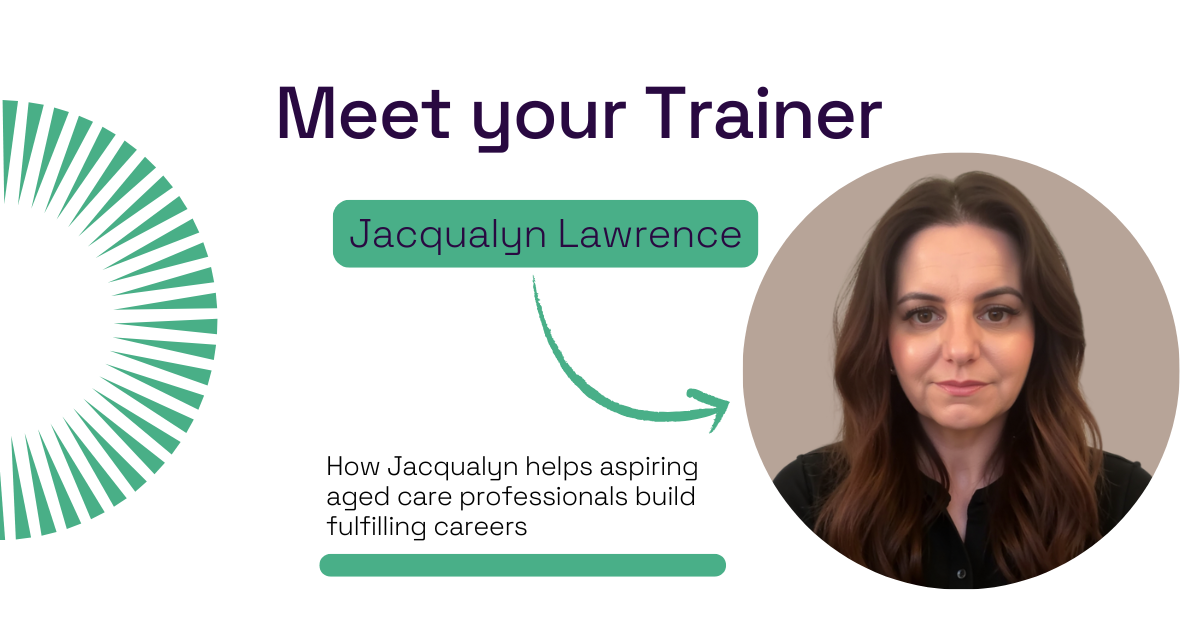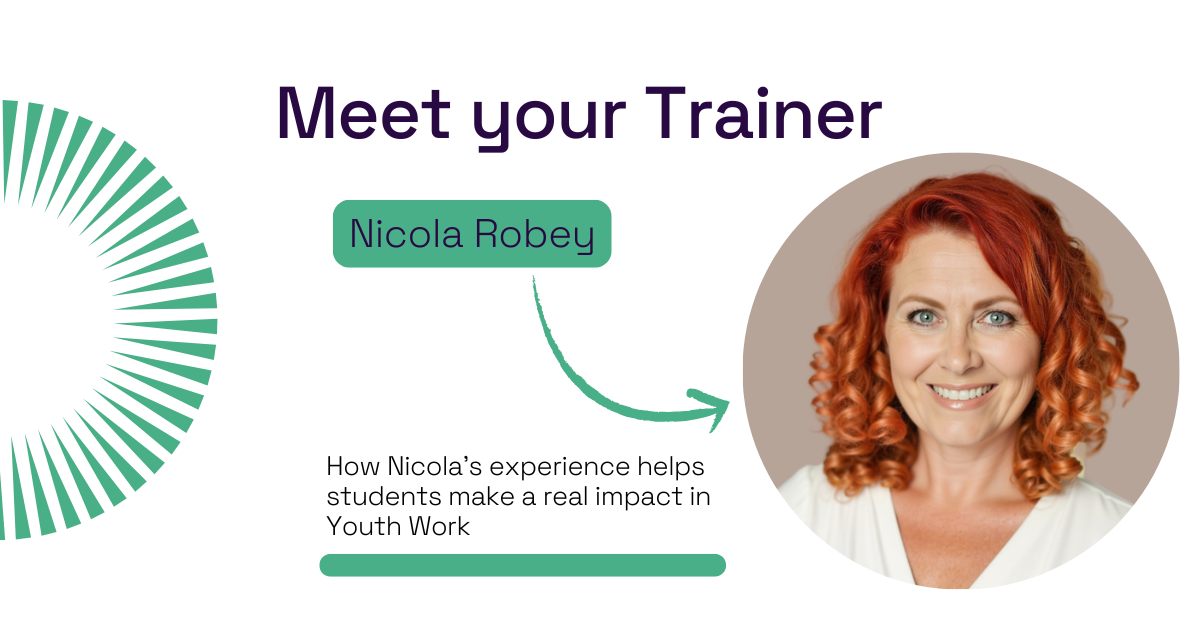Explore our collection of informative and educational blog posts to stay updated on the latest industry trends and expert advice.
How to become an Occupational Therapist

Are you thinking about a career in the booming healthcare industry? Are you a compassionate people person who’s enthusiastic about helping others? Do you think of yourself as someone who’s creative, resourceful and loves thinking outside the box to solve problems?
Occupational therapy is all about helping clients to perform every day tasks so that they can live enjoyable, fulfilling lives. Often, this type of therapy takes a holistic approach to helping clients.
If you’ve thought about a job as an Occupational Therapist, read on to discover what an Occupational Therapist does and what qualification you need to become one.

What is occupational therapy?
Occupational therapy falls under the ‘allied health’ umbrella – that is, any sector within the healthcare industry that is not nursing, medical or dental.
Occupational therapy is treatment provided to patients which enables them to participate in everyday tasks – like working, participating in various activities, pursuing hobbies and taking care of themselves.
The word ‘occupational’ refers to everyday tasks, not just tasks that you perform as part of a paid job.
People sometimes seek out occupational therapy if they’ve had an accident or suffered an injury and need help to regain the mobility and independence they once had. Sometimes, people may be living with a disability and undergoing occupational therapy can help them to live more independently.
Sometimes, certain devices may be also be implemented to help clients perform certain activities. In this case, an Occupational Therapist would help teach the client how to use the device to perform these tasks. Some devices could include modified cutlery, a modified keyboard and mouse or a wheelchair.
With the rate at which technology moves and the exciting new developments we’re seeing in the health sector, there are amazing innovations happening all the time.
What does an Occupational Therapist do?
Occupational Therapists focus on helping their clients to regain occupational mobility. It could be anything from everyday self-care tasks like showering or getting dressed. Or it could be more involved activities, like getting to and from work, participating in gym classes or joining friends for a social get together.
The role of an Occupational Therapist can be crucial when it comes to empowering people who are living with a disability to live fuller lives. They help clients by identifying the activities the client wants to participate in, assessing their strengths and weaknesses, and then developing an occupational therapy plan. Then, the OT will assess the client’s progress as they work their way through this plan.
OTs can work in private practices or in a hospital setting alongside other health professionals. Some OTs specialise in certain areas, such as hand therapy, mental health, people who have suffered traumatic brain injuries and people who have autistic spectrum disorder.
Some of the tasks and responsibilities of an Occupational Therapist:
- Meet with clients and assess their emotional, psychological, developmental and physical capabilities.
- Identify a client’s needs, then develop plans to help clients.
- Provide advice on assistive aids and show clients how to use them.
- Provide advice to family members, employers or carers.
- Provide an assessment of a patient’s home before being discharged from hospital.
- Visit workplaces and homes to get a clear understanding of the tasks a client may need to perform in their day-to-day.
- Create or co-design a ‘return to work’ program for clients and work as part of a community team.
- Facilitate workshops and programs.

Who can benefit from seeing an Occupational Therapist?
Occupational Therapists work with a wide variety of people of all abilities, backgrounds and ages. Their clients can include:
- people who are recovering from illness or injury
- people living with a physical or mental disability
- people living with mental health issues
- children with learning difficulties
- older people who may need to learn new ways of performing tasks.
How is technology being used in occupational therapy?
We’ve come a long way in just the last ten years. Who’d have thought that voice activated smart speakers, like Alexa and Google Home, would become common household items?
These devices can turn on the lights in your home, switch on the air conditioning or alert you if there’s someone at your front door. Helping with little tasks like these could be a huge benefit for some people who are unable to perform these tasks by themselves.
Then there are the inventions like wearable activity tracking devices that can help monitor health trends and intuitive games that help people improve their hand and arm function.
OTs need to be across the latest trends in technology so that they understand how it can be used to help improve the lives of their clients.
Is becoming an Occupational Therapist a good career choice?
The healthcare sector is one of the fastest-growing industries in Australia. As such, there is growing demand for Occupational Therapists.
In December 2015, there were 17,399 registered OTs working in Australia according to the Occupational Therapy Board of Australia. In December 2020, there were 24,303 registered OTs. This is an increase of almost 7000 jobs in just five years.
According to the government’s Job Outlook website, OTs earn an average weekly wage of $1,569. This is slightly higher than the national average.
But it’s not just he above-average wage of the stability of the industry that attracts people to occupational therapy. Working as an OT means that you get to connect with other people and help them to live their best life. Through the use of new technology and more traditional methods, you can help people to regain their independence and live more fulfilling lives.
What do I need to study to become an Occupational Therapist?
You need a qualification to become an Occupational Therapist. To become a fully qualified OT, you need to complete a bachelor degree in occupational therapy. You also need to register with the Australian Health Practitioner Regulation Agency.
If you’re considering a career in this growing sector of the healthcare industry, then a great place to start could be with the HLT43015 Certificate IV in Allied Health Assistance (Occupational Therapy).
OC offer this nationally recognised qualification as an online course, which means you can study whenever you want, wherever you are.
Once you graduate, you can potentially use this certificate to gain work anywhere in Australia as an Occupational Therapy Assistant.
This certificate also acts as a pathway to university if you did want to go on to complete further studies. Through our partnership with Charles Sturt University, you could use the Certificate IV as credit towards the Bachelor of Occupational Therapy, the Bachelor of Podiatric Medicine or the Bachelor of Health and Rehabilitation Science.
What are you waiting for? Discover where a rewarding career in occupational therapy could take you and enrol with OC today.








